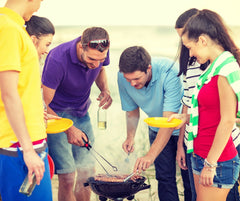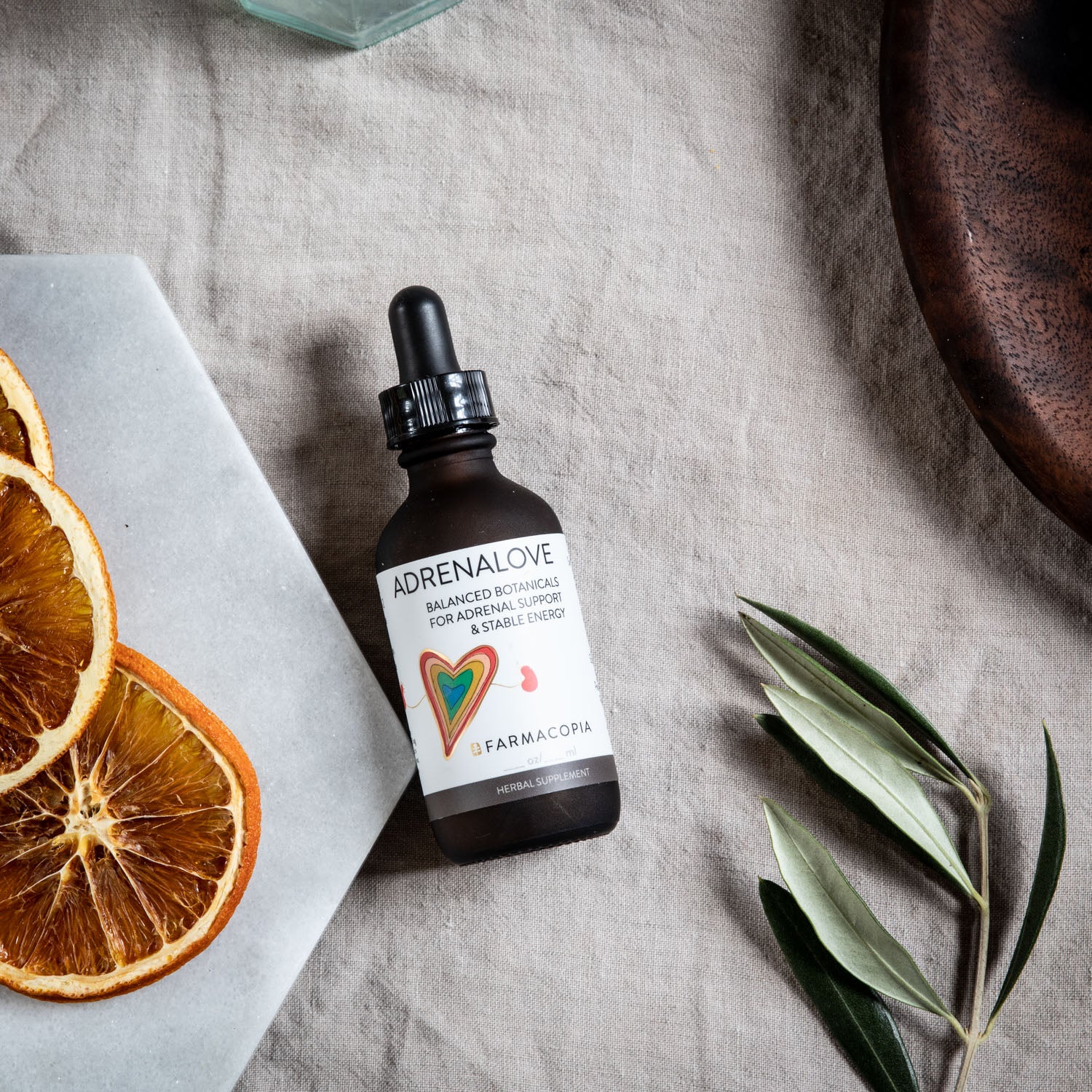 Author: Dr. Bridget
Author: Dr. Bridget
Grilling season has arrived!
As we celebrate Summer, let us use these days of sunshine for play and sociability, for spending time outside and for moving your body. This weekend remember to stay hydrated with water, electrolytes and other nourishing beverages like chia water or water kefir. This will help keep your muscles fluid, skin healthy, and your immune system balanced.
What about the eats? Whether veggies or meats, I know I’ll be grilling this weekend. But is grilled food bad for you?
There’s nothing more natural, more primal than eating something cooked over a fire, but you may have heard that grilled foods could be unhealthy.
The truth is they can be. High temperature cooking, especially grilling, can create some pretty toxic compounds including heterocyclic amines (HCAs), advanced glycosylation end products (AGEs), and polyaromatic hydrocarbons (PAHs). These are all considered carcinogenic, and instigators of cardiovascular disease, diabetes and other inflammatory issues.
HCAs and AGEs are formed when proteins and sugars react at high temperatures. The highest levels of these compounds are found in animal proteins, but these, or related, compounds can be found in many foods cooked at high temperatures, especially those that are fried, browned or blackened.
PAHs are formed differently, as they are a product of carbon combustion. As fats and juices drip into grill fires, the flames rise up, bringing with them PAHs that adhere to whatever is cooking.
Never grill again? I think not!
Instead, enjoy in moderation and try following these simple harm reduction practices. You may find some to be a tasty addition to your grilling routine!
- Marinate meat in an acidic solution such as wine, vinegar or lemon before cooking, which can reduce the formation of AGEs and HCAs.
- Rub (or marinate) foods with rich spices, especially rosemary, which can substantially reduce the formation of HCAs. Other strongly antioxidant spices to add are sage, thyme, caraway, chili, paprika, turmeric and coriander.
- Before grilling, pre-cook meats by parboiling or cooking in a low temperature oven, to shorten the exposure of your foods to high temperatures.
- Use a chimney starter instead of chemical-based fire starters, and natural charcoal. The added chemicals of fire starters and briquettes add insult to injury, and the natural charcoal imparts better flavor.
- Go for less charring. The more burnt the food, the higher levels of PAHs. Scrape off any excessively charred portions of your food before consuming.
- Keep your grill in a well-ventilated area, away from your house. Avoid hanging out by the grill too long, as PAHs are not good for your lungs.
- There’s some wisdom to bringing coleslaw and sauerkraut to a summer BBQ. Compounds found in cabbage, broccoli and other brassicas can help protect from DNA damaging compounds.
- Summer berries are also rich in antioxidant compounds that are cancer and vascular protective. If you’ve got a choice, instead of reaching for a flour based dessert (like cookies or cake), which are much higher in carbohydrates, go for the blackberry crisp.
Depending on one’s level of health, there are often ways to work-around some of the potentially negative effects of our less healthy habits. I strongly believe that enjoying what you love is good for your health, and so is balance!
To your health,
For more summertime soothing and delicious recipes, check out our new Summer Cleanse guide!

